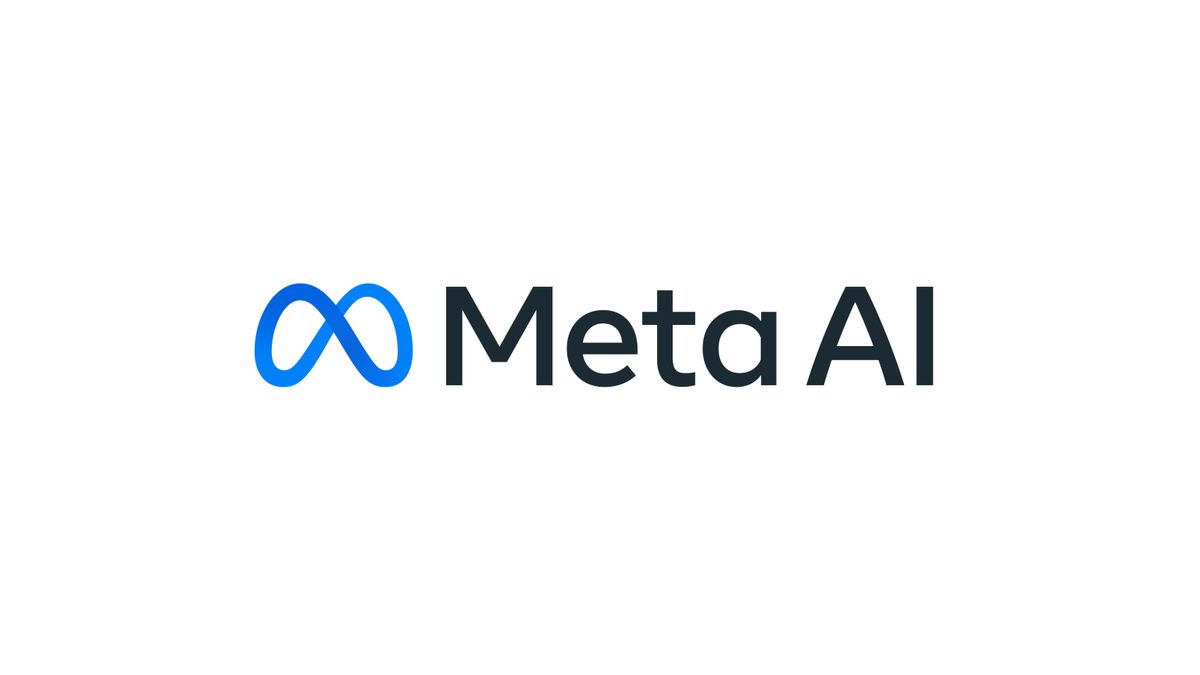JAKARTA - Meta will soon give researchers access to its new Artificial Intelligence (AI), dubbed I-JEPA. This model, claimed to be able to analyze and complete the unfinished images more accurately.
I-JEPA or Image Joint Embedding Predictive Architecture will use the background of knowledge about the world to fill out missing image cuts, rather than just looking at nearby pixels like other generative AI models.
In addition, Meta says I-JEPA can also provide strong performance on some computer vision tasks, and is much more computationally efficient than other models.
The representations studied by I-JEPA can also be used for many different applications without the need for extensive fine-tuning.
By predicting representations at high levels of abstraction rather than predicting the value of pixels directly, I-JEPA can evade the limitations of a generating approach, underlying a recently emerging large language model.
On the other hand, a generating architecture learns by deleting or distorting part of the input into the model. For example, deleting some photos or hiding some words in the text section. They then try to predict pixels or words that are damaged or missing.
"Our work on I-JEPA is based on the fact that humans study a large number of background knowledge about the world by simply observing it passively," Meta said in its official blog, quoted Tuesday, June 14.
SEE ALSO:
"It has been conjectured that this common sense information is key to activating intelligent behavior such as the acquisition of efficient new concepts, cornerstones and planning," he added.
The model combines a type of human-like reasoning recommended by Chief Scientist AI Meta Yann LeCun, helping technology to avoid common errors in images generated by AI, such as hands with extra fingers.
"We hope to expand the JEPA approach to other domains, such as coupled image data and video data. In the future, JEPA models can have attractive applications for tasks such as video understanding," said Meta.
"This is an important step towards the implementation and scale of self-supervised methods to study the world's general model," he added.
The English, Chinese, Japanese, Arabic, and French versions are automatically generated by the AI. So there may still be inaccuracies in translating, please always see Indonesian as our main language. (system supported by DigitalSiber.id)


















